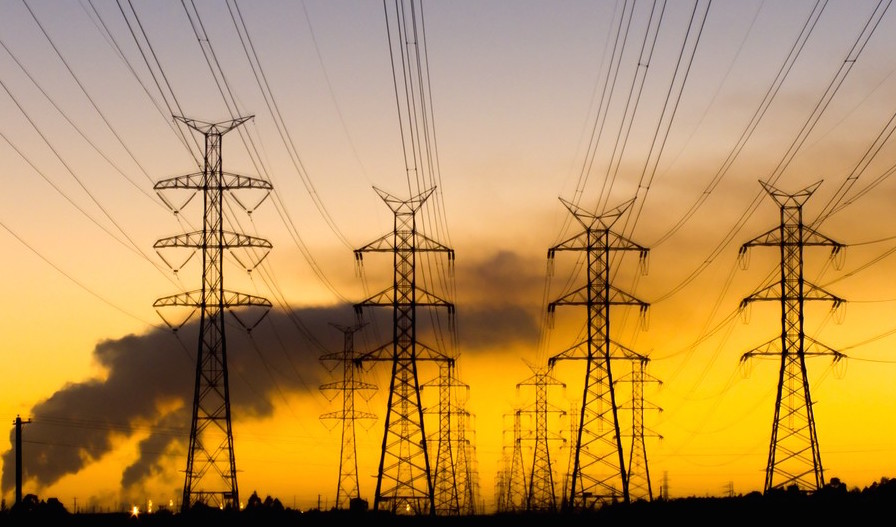- Electricity: NERC Issues Licences for Additional 1,839.5MW
The Nigerian Electricity Regulatory Commission has issued six new licences, renewed three and extended one licence for investors planning to increase Nigeria’s electricity generation by about 1,839.5 megawatts.
The licences were issued in the first quarter of 2018 as NERC noted that when the power plants became operational, their capacities would increase the quantum of electricity generated and distributed across the country.
NERC, in its most recent quarterly report obtained by our correspondent in Abuja, said, “Six new, three renewal and one extended licence application with a total nameplate capacity of 1,839.5MW were approved in the first quarter of 2018.”
It further explained that some of the licences were for captive power, on-grid and off-grid generation of electricity.
The commission said, “After satisfactory evaluation, the commission issued two new on-grid and four off-grid licences. During the quarter, an extension of five years was also granted to one other generation licence.
“The total nameplate capacity of the licences summed up to 1,464.5MW. Similarly, three permits for a total capacity of 375MW were renewed for captive power generation.”
Nigeria’s power generation has persistently hovered between 3,500MW and 4,000MW. The Federal Government had over the years reeled our plans and measures adopted to improve on the country’s power generation capacity.
However, Minister of Power, Works and Housing, Babatunde Fashola, had last week announced that the current administration had improved power generation from 4,000MW to 7,000MW, transmission from 5,000MW to 7,000MW and distribution from 2,690MW to 5,222MW.
Fashola added that government’s work in the sector was not finished as it was still in the process of delivering additional power.
The minister listed some projects that would deliver additional electricity to the grid to include generation from Kaduna, 215MW; Afam IV, 240MW; Kashimbilla, 40MW; Gurara, 30MW; Dadinkowa, 29MW; power for nine universities, 15 markets and two big hydro power plants of 700MW in Zungeru and 3,050MW in Mambilla.
Fashola said, “Over 100 injection sub-stations and a distribution expansion programme to be funded by the Federal Government are now in an advanced state of procurement.
“Although there are still people we have not reached, although there are still disruptions from time to time, and although there are still people who also need meters, and we are working to reach them, it is indisputable that we have delivered on incremental power.”
He stated that the transmission arm of the sector was being improved upon, as 90 projects were on nationwide, with Apo, Mayo Belwa, Damaturu, Maiduguri, Odogunyan and Ejigbo being recently completed ones.

 Forex2 weeks ago
Forex2 weeks ago


 Naira2 weeks ago
Naira2 weeks ago
 Billionaire Watch1 week ago
Billionaire Watch1 week ago




 Naira2 weeks ago
Naira2 weeks ago




 Naira1 week ago
Naira1 week ago




 Naira4 weeks ago
Naira4 weeks ago
 Nigerian Exchange Limited4 weeks ago
Nigerian Exchange Limited4 weeks ago


 Naira3 days ago
Naira3 days ago


















